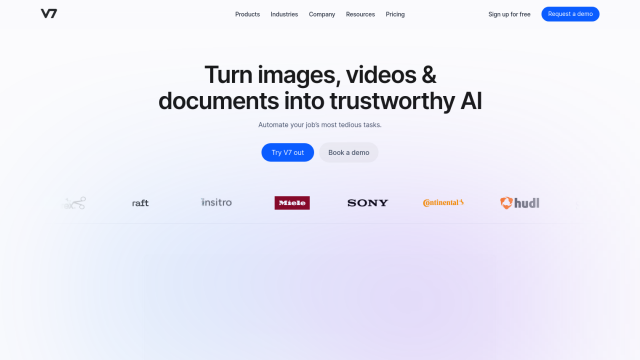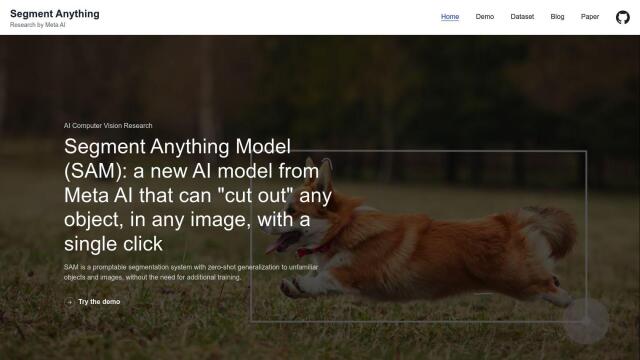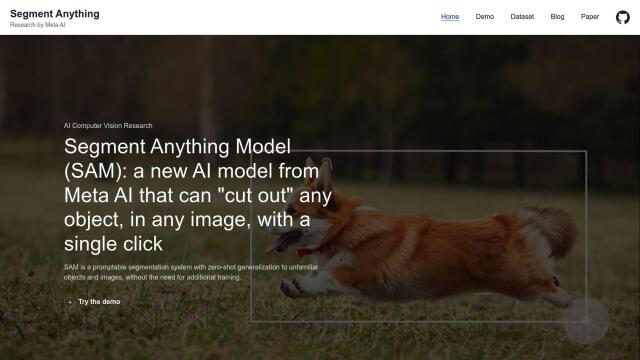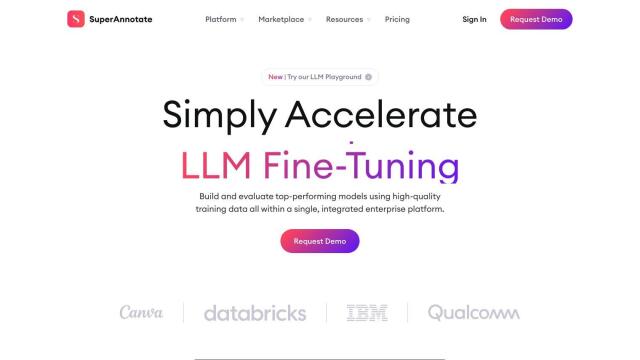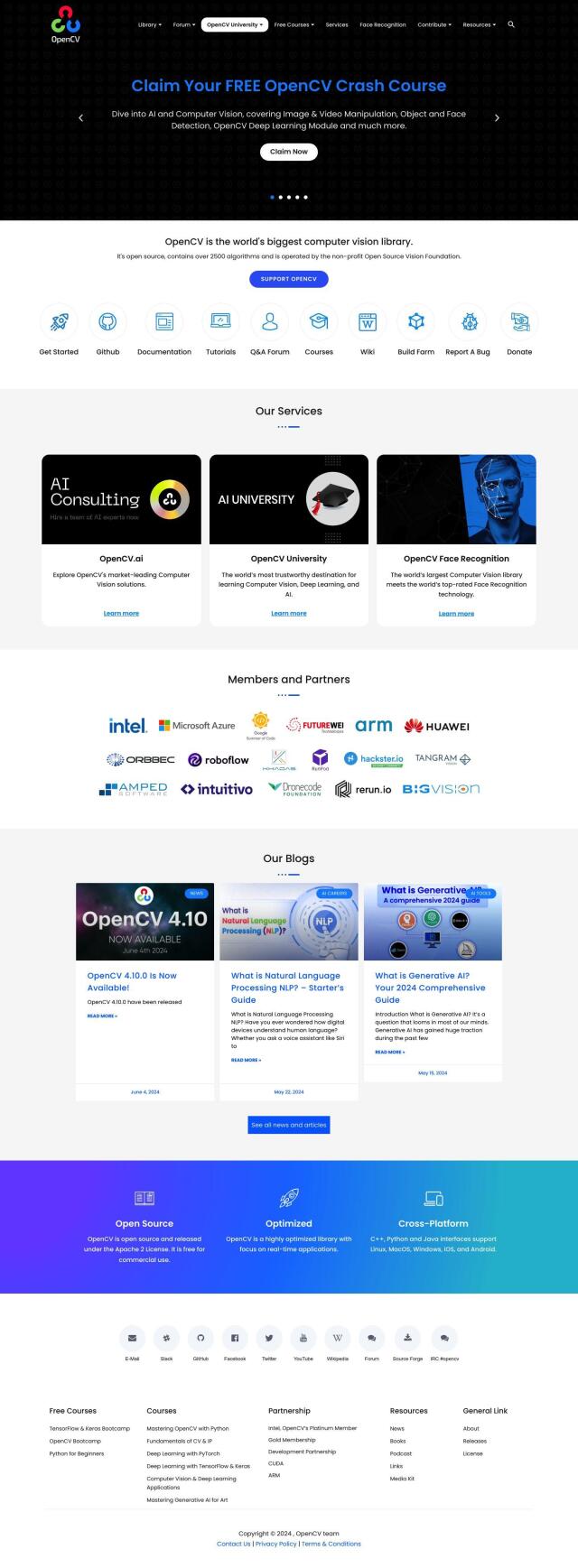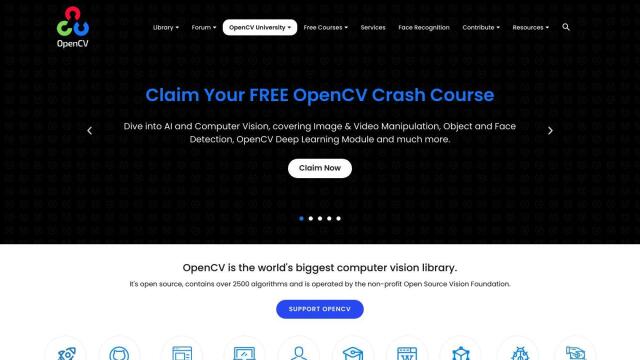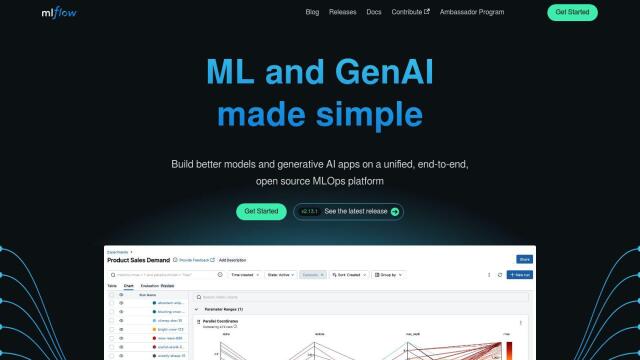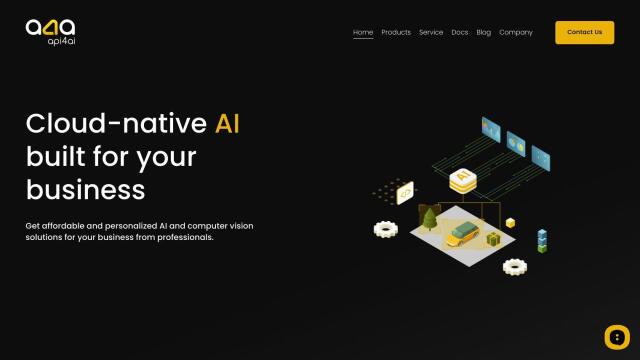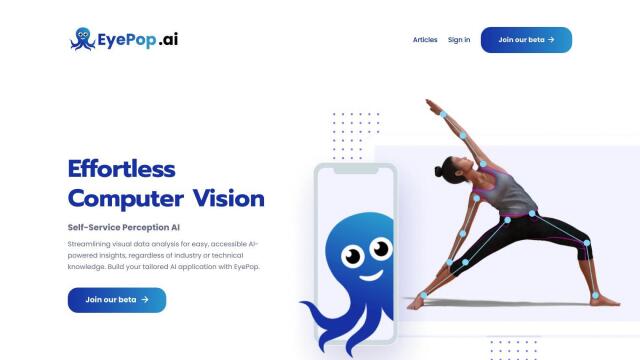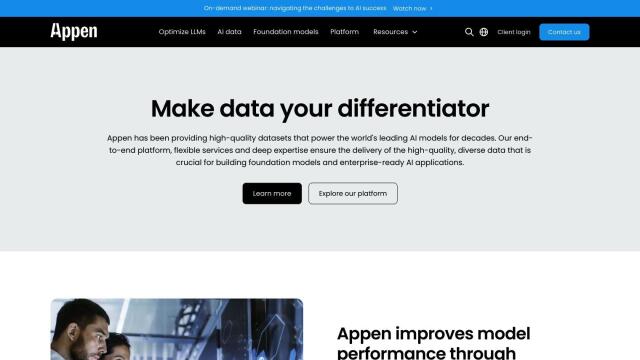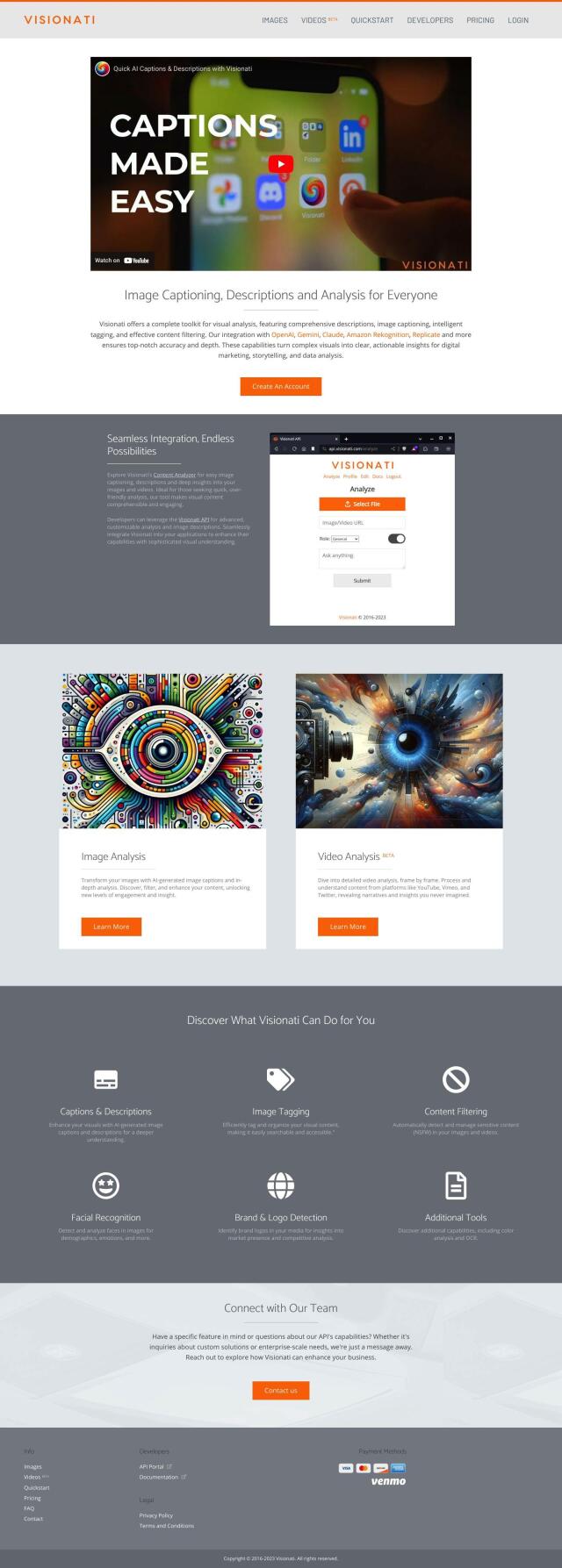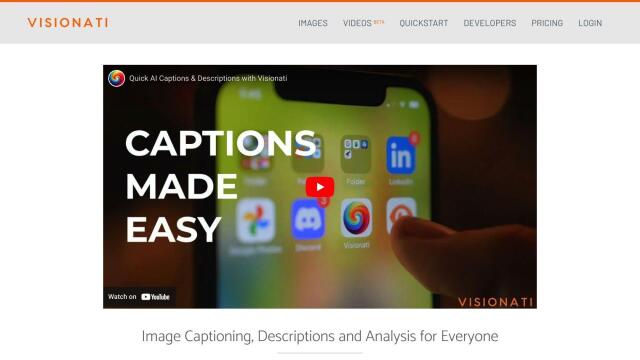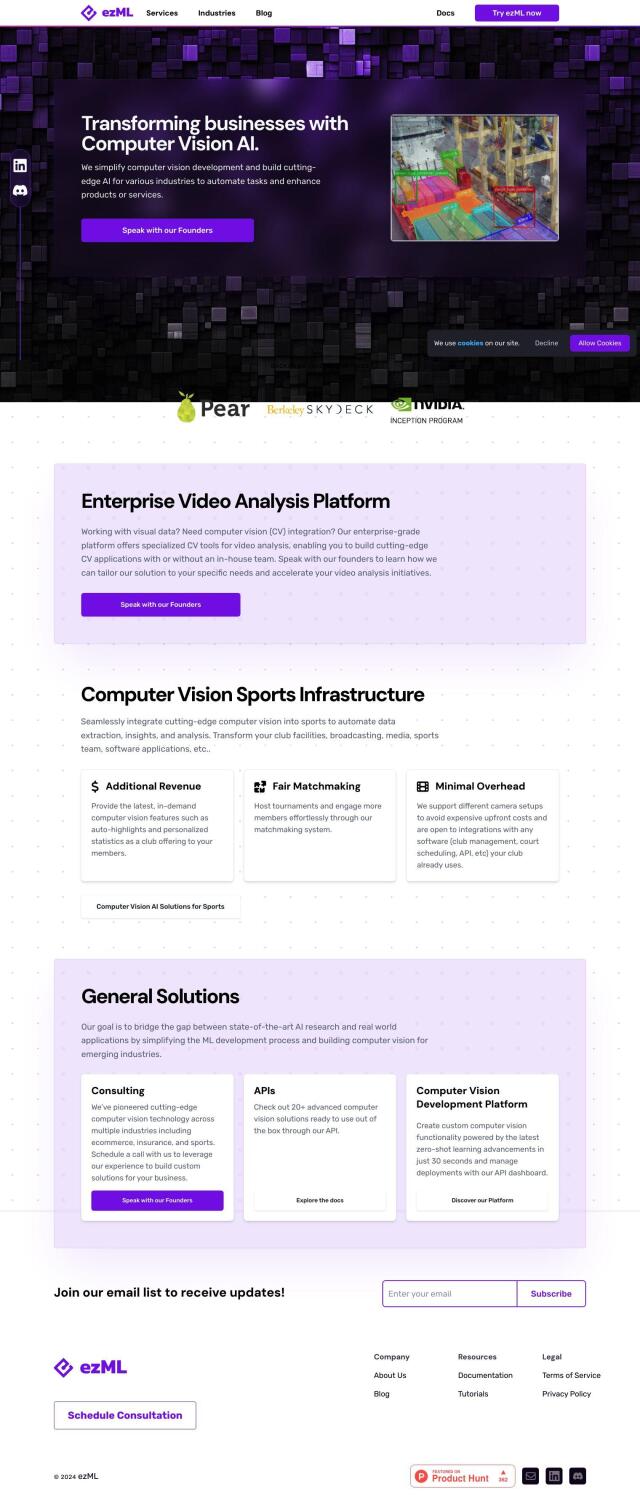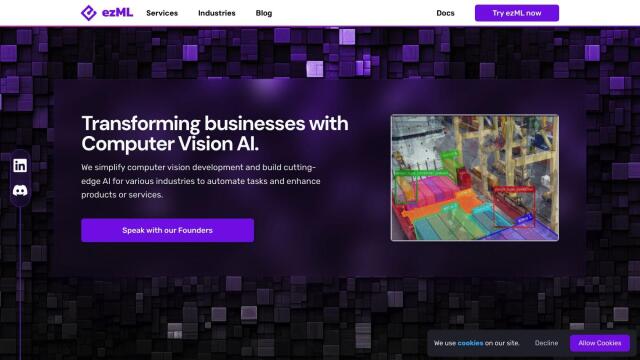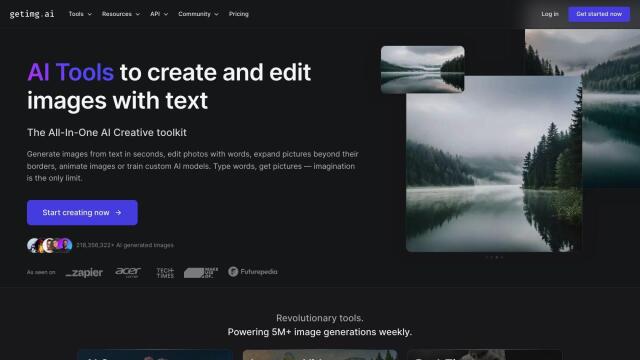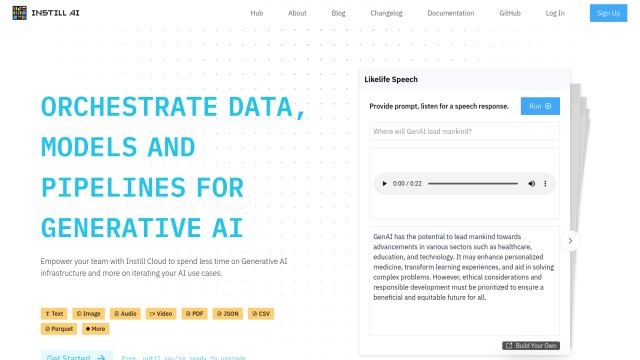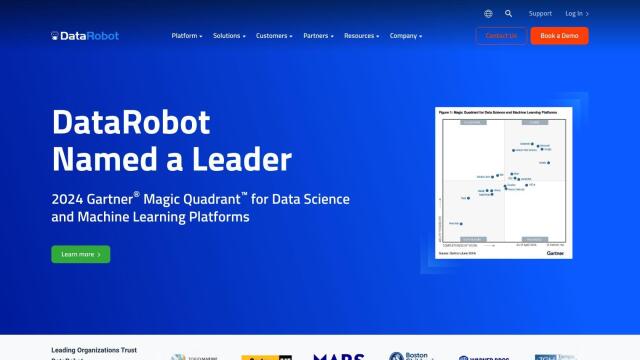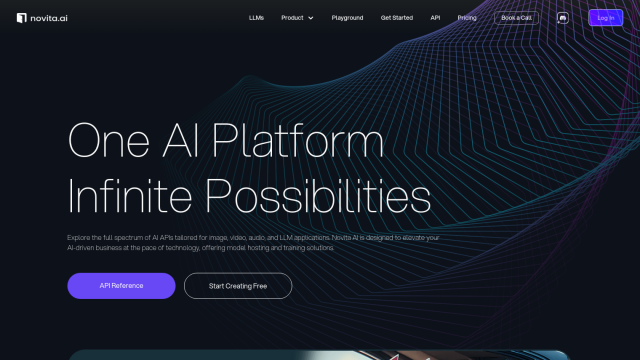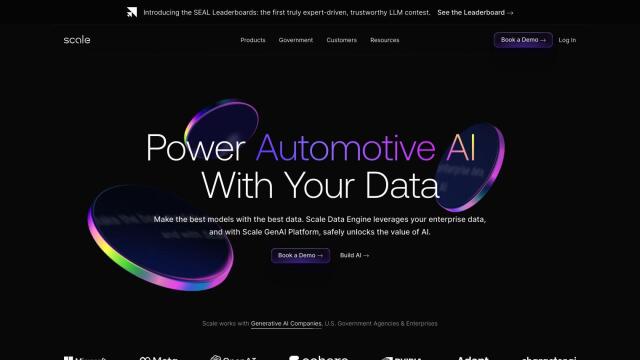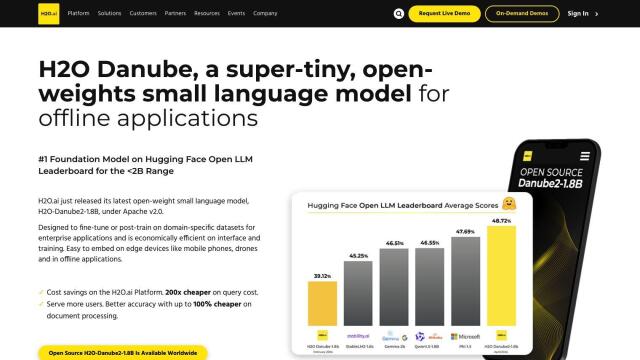Question: I'm looking for a computer vision platform that can help me analyze and gain insights from my unlabeled images.

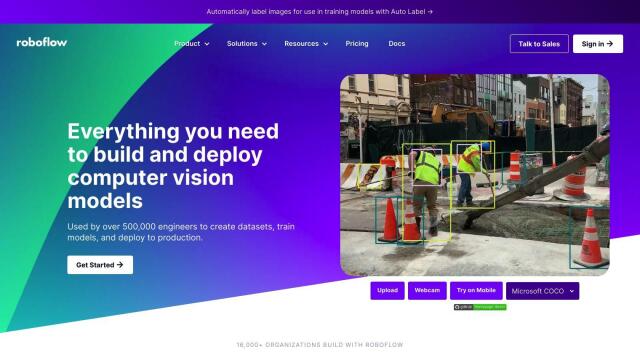
Roboflow
If you're looking for a full computer vision platform to process and learn from your unlabeled imagery, Roboflow is worth a look. It's got automated annotation tools, AI-boosted labeling, and access to more than 50,000 pre-trained models. The service can be used with frameworks like TensorFlow and PyTorch, and can run on edge and cloud computing systems. It's got strong security and privacy controls, too, which should appeal to developers and enterprises.

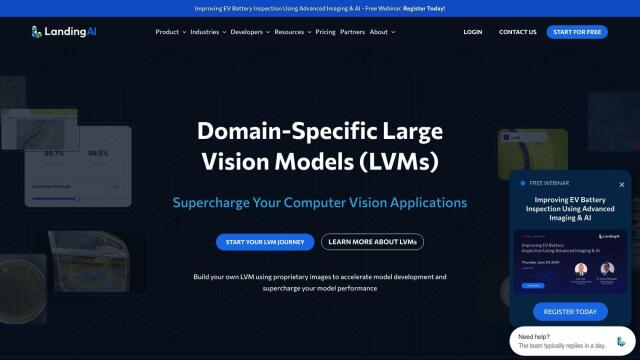
LandingLens
Another good option is LandingLens. This cloud-based service combines Large Vision Models (LVMs) and deep learning to address a broad range of industrial challenges. It lets you label imagery efficiently with a Label Book, train models with a single click, and get detailed performance reports. LandingLens also offers flexible deployment options and can run on cloud and edge computing hardware for unlimited scale and collaborative labeling.

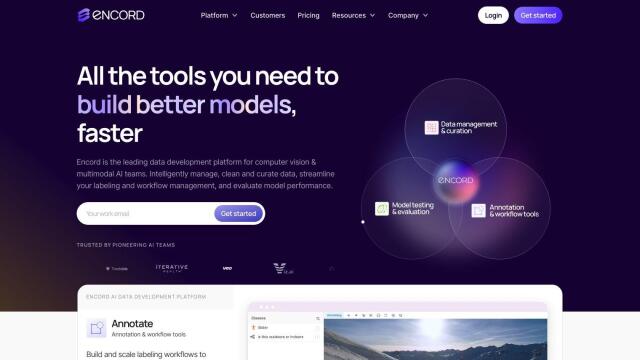
Encord
If you want a full-stack data development platform, Encord could be the best option. It's got tools for ingesting data, cleaning it up and automating labeling, as well as evaluating model performance. Encord's interface is designed to be easy to use, and it accommodates different annotation types and workflows. The service is secure and can be integrated with a variety of storage and MLOps tools, making it a good option for individuals and enterprises.
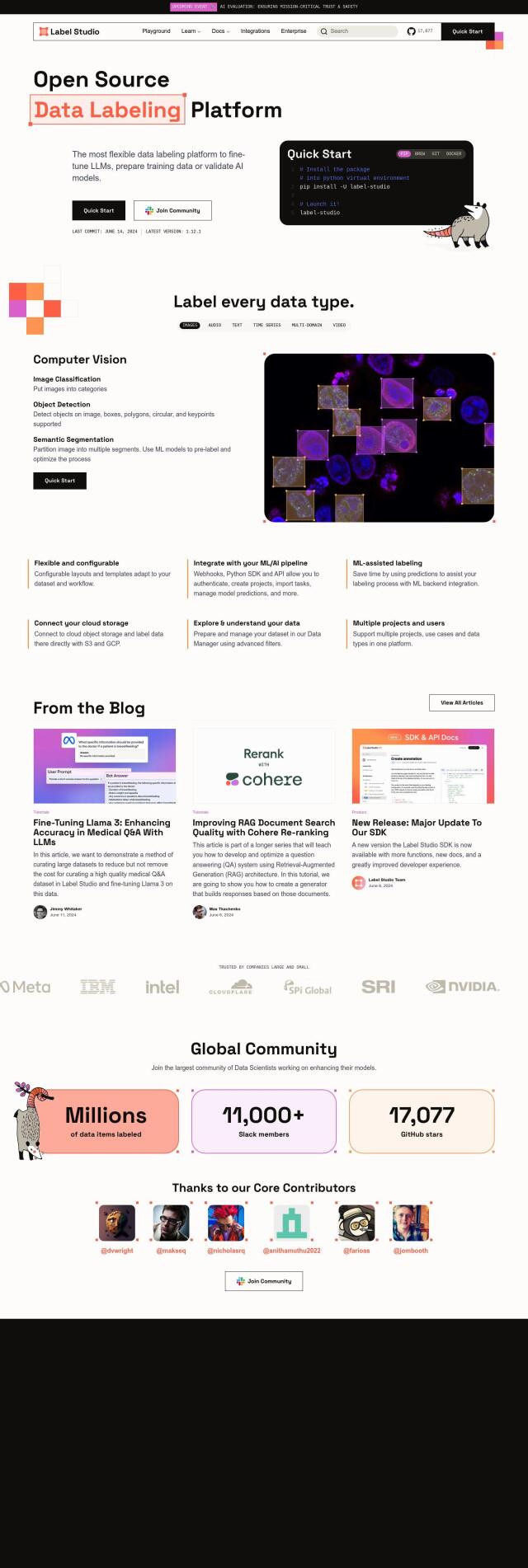
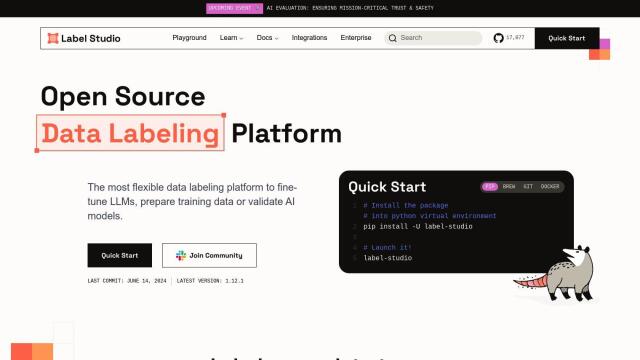
Label Studio
Last, Label Studio is a flexible data labeling service that can handle a variety of data types, including images. It's got customizable layouts and templates, ML-assisted labeling, and integration with cloud storage systems. Label Studio is open-source and free, with enterprise features available, so it's a good option for data scientists and companies of all sizes.

